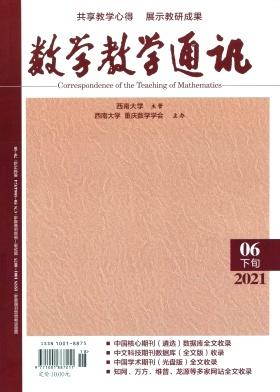What makes a mathematics lesson interesting to students?
引用次数: 2
Abstract
How can we design mathematical lessons that spark student interest? To answer this, we analyzed teacher-designed and enacted lessons that students described as interesting for how the content unfolded. When compared to those the same students describe as uninteresting, multiple distinguishing characteristics are evident, such as the presence of misdirection, mathematical questions that remain unanswered for extended time, and a greater number of questions that are unanswered at each point of the lesson. Low-interest lessons did not contain many special narrative features and mostly had questions that were answered immediately. Our findings offer guidance for the design of lessons that can shift student mathematical dispositions.是什么让学生对数学课感兴趣?
我们如何设计能激发学生兴趣的数学课?为了回答这个问题,我们分析了教师设计和制定的课程,学生们认为这些课程的内容展开方式很有趣。与那些被同样的学生描述为无趣的相比,许多明显的特征是明显的,比如误导的存在,长时间没有答案的数学问题,以及在课程的每个点上都有更多的问题没有答案。低兴趣课程不包含许多特殊的叙事特征,大多数问题都是立即回答的。我们的发现为课程设计提供了指导,可以改变学生的数学倾向。
本文章由计算机程序翻译,如有差异,请以英文原文为准。
求助全文
约1分钟内获得全文
求助全文

 求助内容:
求助内容: 应助结果提醒方式:
应助结果提醒方式:


